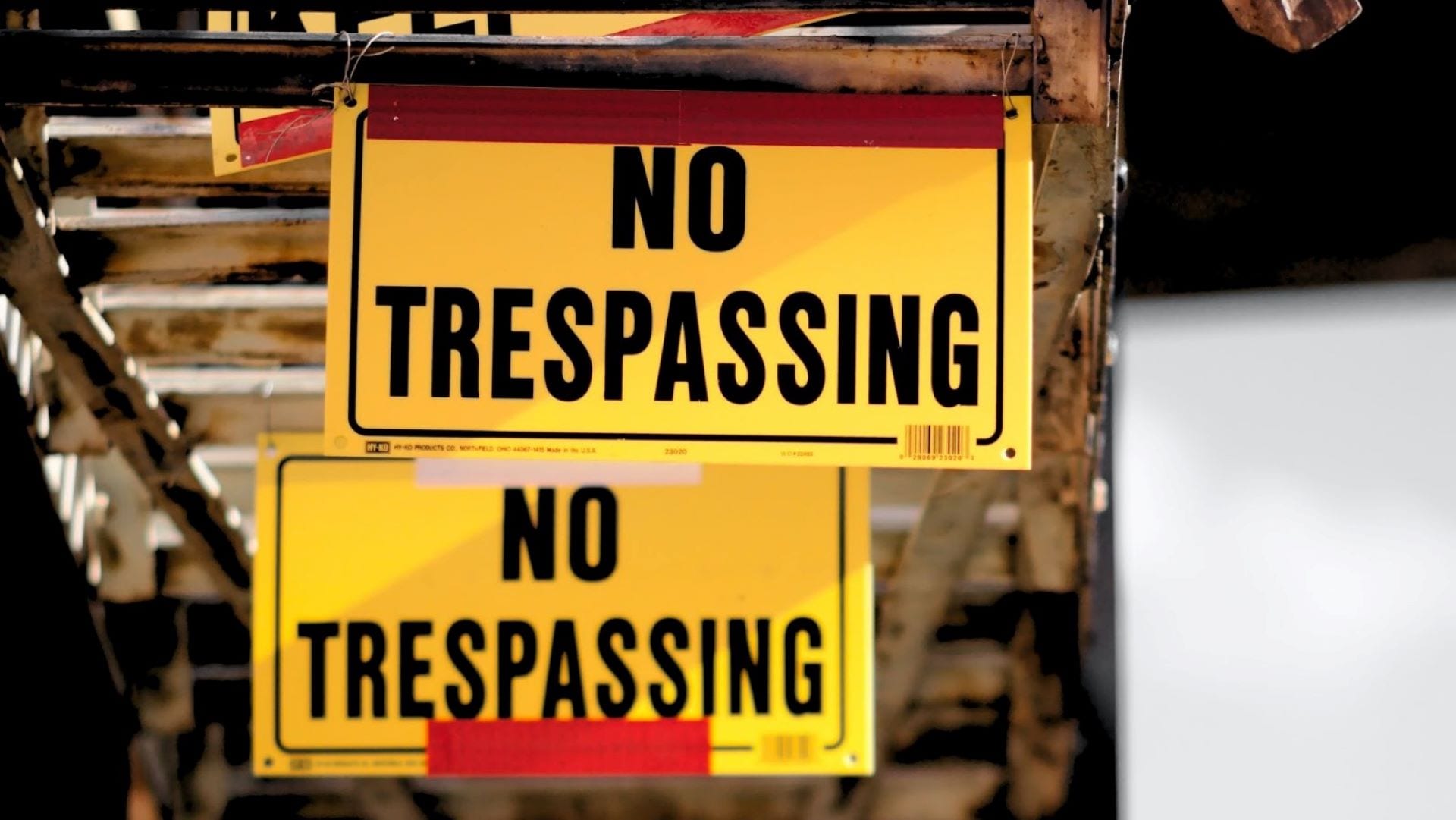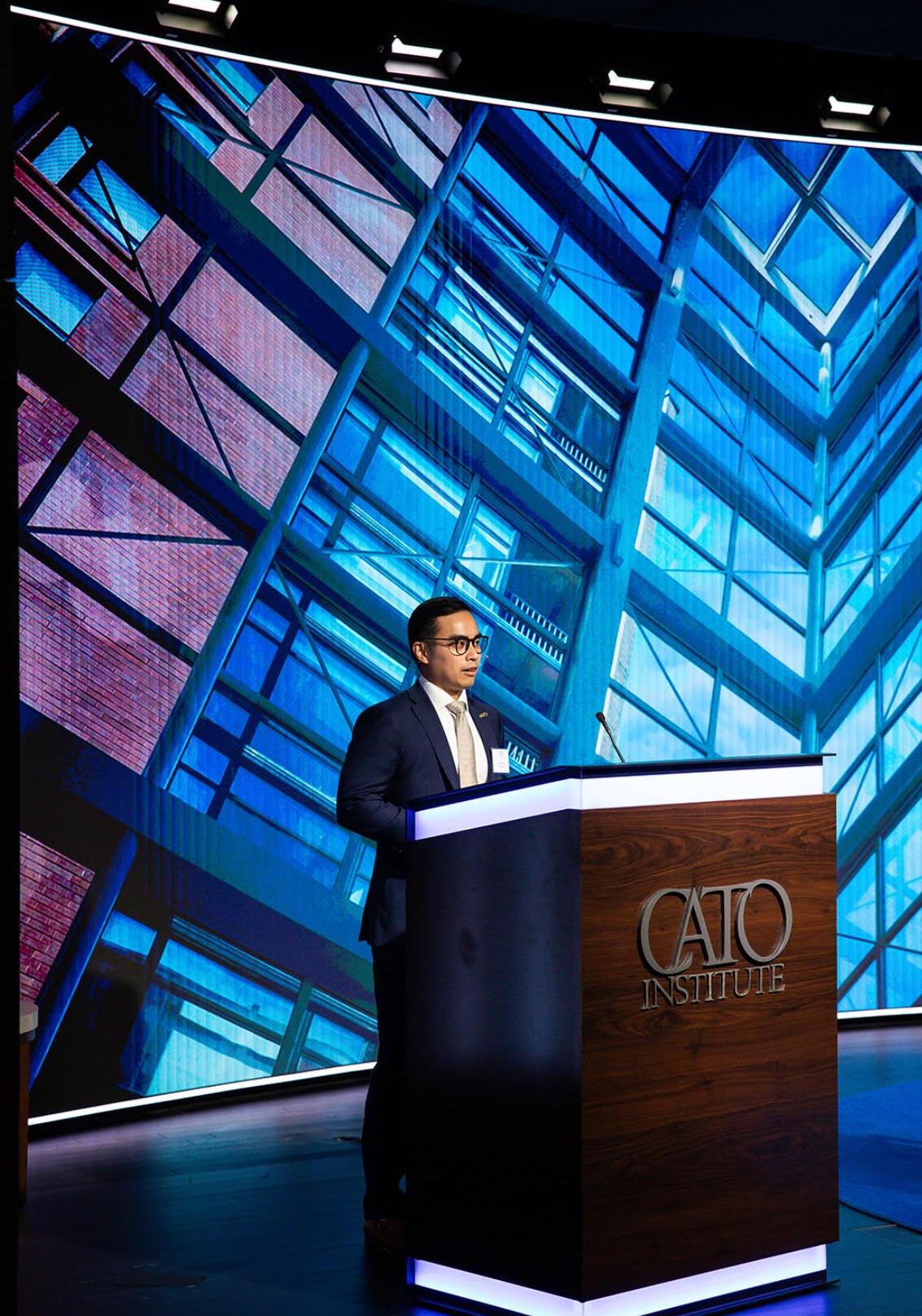As big tech monopolies amass increasing power and influence, the issue of online censorship has become a front-and-center political issue. From censoring the New York Post’s story about Hunter Biden’s business dealings in China to deplatforming anyone who dares to even discuss let alone question the integrity of the 2020 United States presidential election, big tech companies have even found themselves locked in power struggles with governments. A notable example of this is currently seen with Facebook and Australia.
Particularly in the United States, big tech censorship is often viewed as a partisan issue. It has even drawn the attention of foreign political leaders, notably the German Chancellor and the Mexican President, both of whom have criticized censorship and “cancel culture”.
After increasingly blatant and politically motivated censorship, it has become undeniable that large tech companies are not afraid to use their power to limit the flow of information in a way that favors their economic and political interests.
Private platform providers have property rights
However, while the problem is obvious, the solution is not. As draconian as some of this censorship has become, major tech companies are still private companies, and those who value liberty are naturally wary of government regulation of private property.
The precarious nature of this situation stems from the fact that both freedom of speech and property rights are essential for liberty. In examining arguments on both sides, we can see that the best way to achieve this is to limit government solutions where possible and incentivize market-based solutions through regulatory reform. While censorship often takes center stage, anti-competitive practices are arguably the real source of the problem.
Why big tech censorship is actually a problem
Many leftists and a good number of libertarians argue that big tech censorship simply isn’t a problem at all. From a property rights perspective, they have a point. However, there is a difference between acknowledging private property as an important right and demanding it be recognized as the only right. The latter is what big tech’s staunch defenders are doing.
The problem with this position is the de facto reality that it creates if taken to its logical conclusion. A society cannot be free unless liberties are allowed to be functionally present within that society.
The right to free speech: de jure vs de facto
Many different societies have rights that exist theoretically, but in reality, they mean nothing because they are not practiced in day-to-day life.
The English Bill of Rights, protecting the freedom to bear arms, the United States Bill of Rights with the Second and Fourth Amendments, the Chinese constitution with protections for religious freedom and racial equality, and North Korea’s Constitution protecting the right to free speech are all examples of de jure rights that in a de facto sense have been qualified out of existence by governmental and judicial bodies. These rights have been restricted to the point of being mere privileges, or particularly in the latter two cases, abolished altogether.
When large corporations use their power and influence to shut down free speech, a similar situation is created. Although, unlike with the previous examples, the right may be recognized by the government, it is not functionally present in society.
If liberties such as freedom of speech are unconditional rights possessed by every human being, and not temporary privileges granted to people by an earthly authority, then it matters not whether corporations or government are the source of oppression. Yes, people could choose to do business with a different company. People can also choose to move to a different country. Some choice always exists. But the question is how much, and with today’s big tech oligopoly, the answer is very little.
In fact, one could reasonably argue that corporate censorship actually may be more dangerous than government censorship in democratic countries that live under rule of law. If the government bans speech, it can be challenged in court. If a politician favors unpopular censorship they can be voted out.
On the contrary, who elected Mark Zuckerberg? Which President appointed Sundar Pichai? Is it possible to impeach Jack Dorsey or override his actions with, say, a 2/3rds majority in the U.S. Congress or a majority vote in the UK’s parliament? No, it is not. Unelected, unappointed, unaccountable people deciding what you can and cannot say is not liberty, it is tyranny. Considering the role played by major platforms in facilitating an open marketplace of ideas, is it not problematic to dismiss such tyranny by simply playing the “private platform” card?
Click on the button below to read part two of ‘Balancing Property Rights and Freedom of Speech’.
This piece solely expresses the opinion of the author and not necessarily the organization as a whole. Students For Liberty is committed to facilitating a broad dialogue for liberty, representing a variety of opinions.








